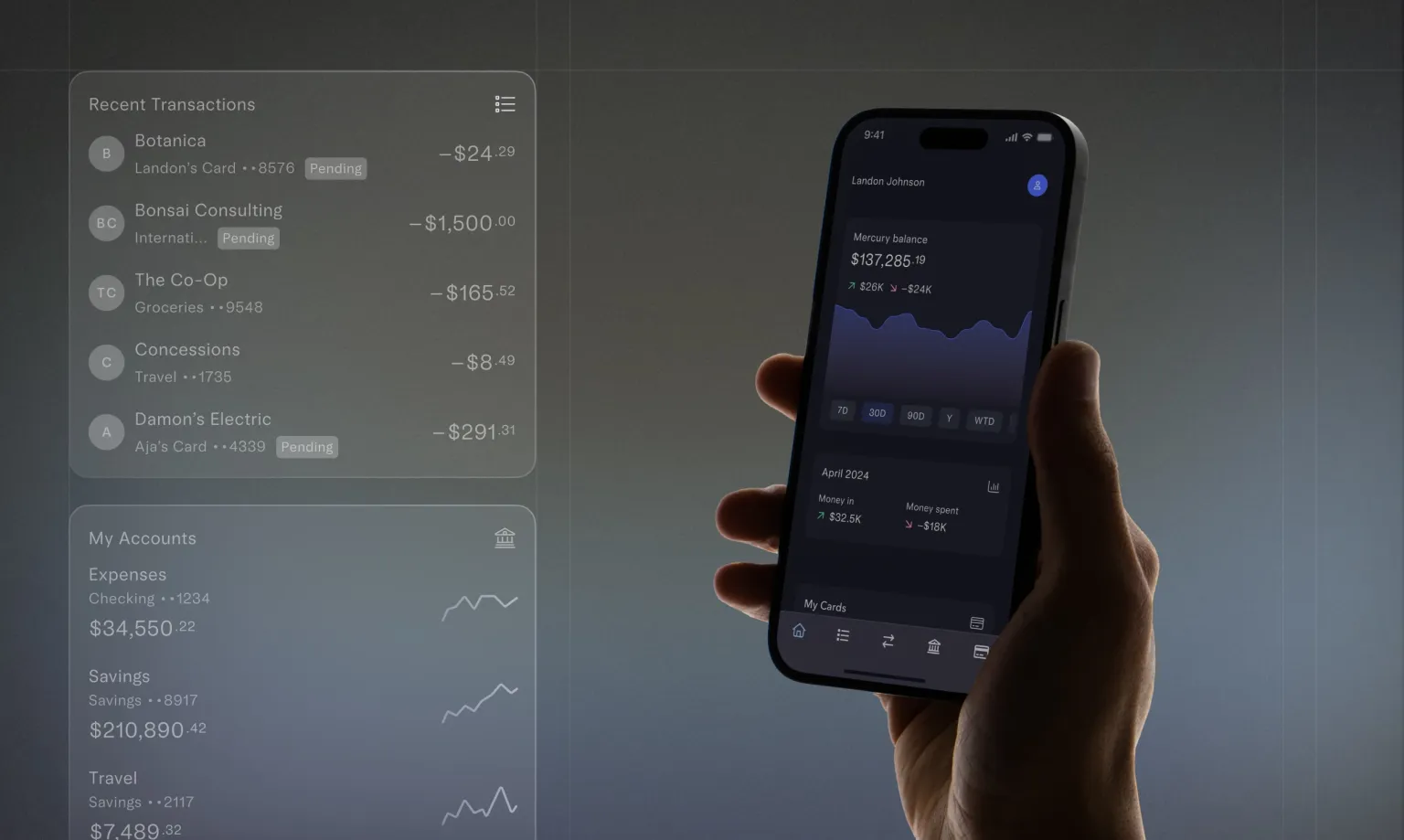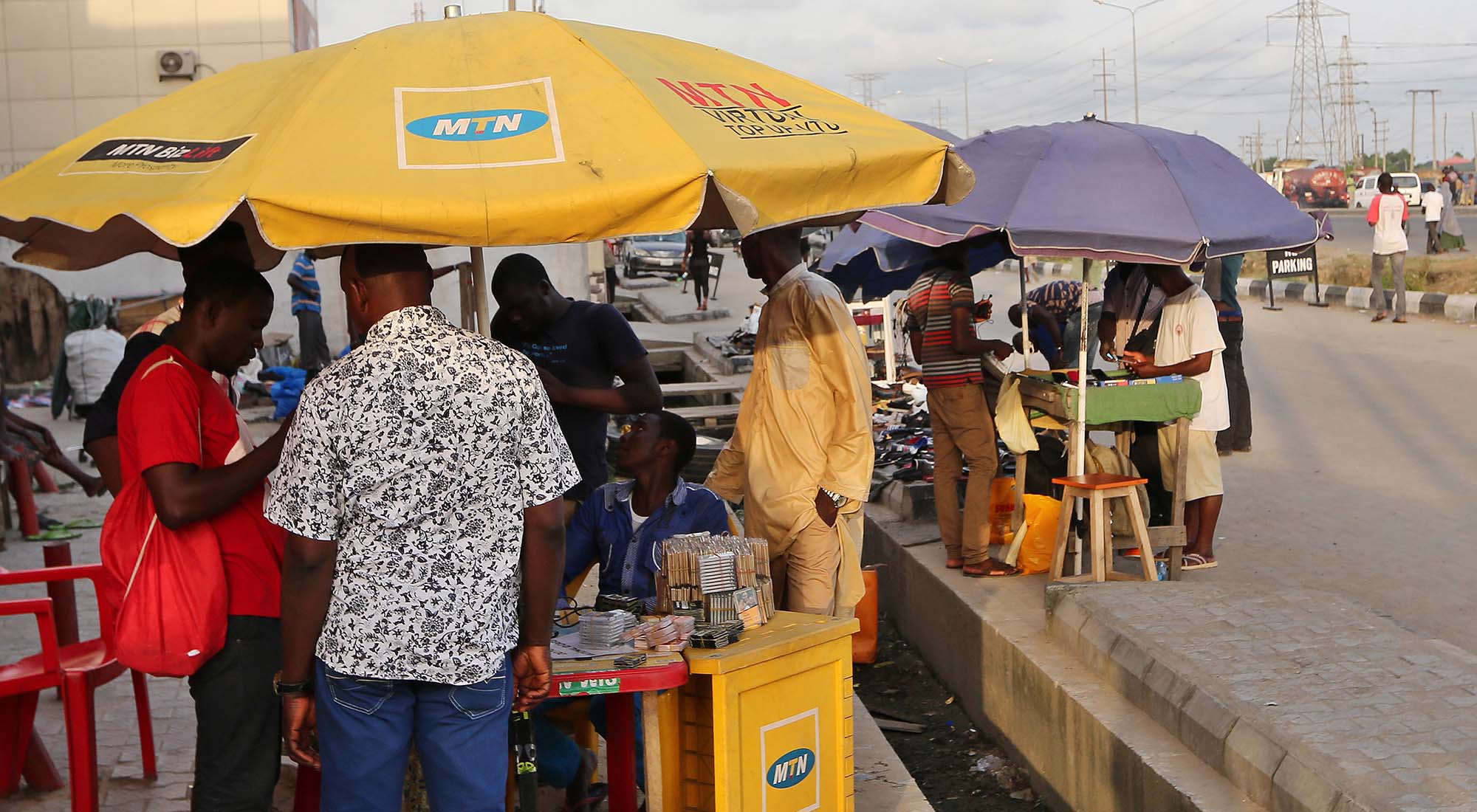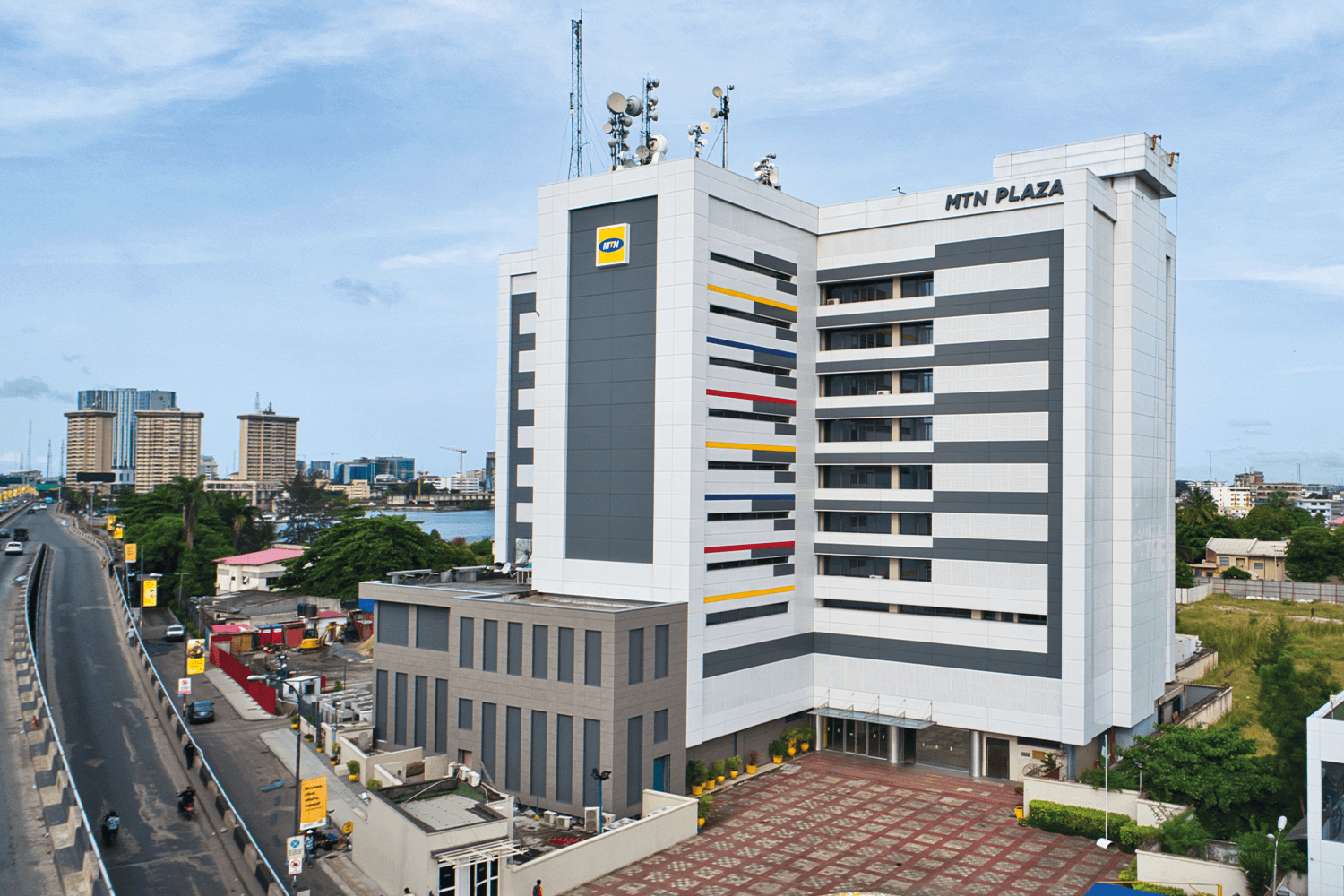Mercury, a San Francisco digital bank that became the preferred banking partner for African startups after Silicon Valley Bank went under in March 2023, will close the accounts of users in thirteen African countries by August 22, 2024, leaving them scrambling to find alternatives. The new restrictions will affect users in 37 countries.
“Due to recent changes in how we determine account eligibility, we are no longer able to support accounts for businesses with associated addresses located in these countries,” according to emails seen by TechCabal. With the new prohibitions, African startups incorporated in Delaware cannot open Mercury accounts unless the founders live in the U.S.
While Mercury cited those concerns, it has not helped that some affected countries have been on the Financial Action Task Force (FATF) Greylist since 2023. Countries on the list are subject to additional scrutiny because of deficiencies in money laundering and terrorism financing regulations. “Greylisting adds another layer of risk and complexity to businesses that already perceive Nigeria as a high-risk country for anti-corruption and other financial crime risks,” according to a 2023 KPMG report.
Burundi, Cameroon, Central African Rep, DR Congo, Congo, Liberia, Mali, Mozambique, Nigeria, Somalia, South Sudan, Sudan, and Zimbabwe are the thirteen African countries affected by the restrictions.
“Mercury is going zero tolerance on banking companies in sanctioned regions. It is easier to close all Nigerian accounts than to spend extra effort on verifying legitimacy,” an executive at a Nigerian fintech who asked not to be named so he could speak freely, told TechCabal.
The restrictions follow the regulatory crackdown on commercial banks in the US that often partner with fintech startups like Mercury, in the wake of insolvency or ledger issues at fintechs Silicon Valley Bank and Synapse.
In December 2023, Choice, one of Mercury’s banking-as-a-service providers, overhauled its KYC process due to concerns that partner fintechs like Mercury had lax user onboarding processes and breached money laundering or terrorism financing laws.
“About 18 months ago, one of Mercury’s partner banks limited transfers to a ton of countries (including Nigeria, of course) to a $10k limit. So if you wanted to send $300k to Nigeria, you’d have had to do 30 transfers, which would be flagged,” Tomiwa Aladekomo, a media tech startup founder who uses Mercury, told TechCabal. “So the new rule is likely because one of its partner banks has insisted. ”
In 2022, without warning, Mercury restricted the accounts of over a dozen tech startups, including those backed by notable American accelerator Y Combinator. At the time, the bank told some users their accounts had been flagged and placed under review by its compliance team due to “unusual activity.”
Banks like Mercury have become very important to Nigerian tech startups that raise dollar funding from foreign and local investors.
“For startups, if you’ve received capital in the US, it’s easier to keep your capital in dollars in the US and only bring what you need for your operational needs to Nigeria,” Aladekomo said.
“You can pay any of your foreign workers directly from the US, which is an easier place to do business with the world from. You can also do treasury management in the US (i.e. earn interest on whatever portion of your money you’re not using) in a relatively predictable economy.”
Alternatives for affected startups include Brex, Ramp, Wise or fintechs like Leatherback, Raenest and Graph.




















